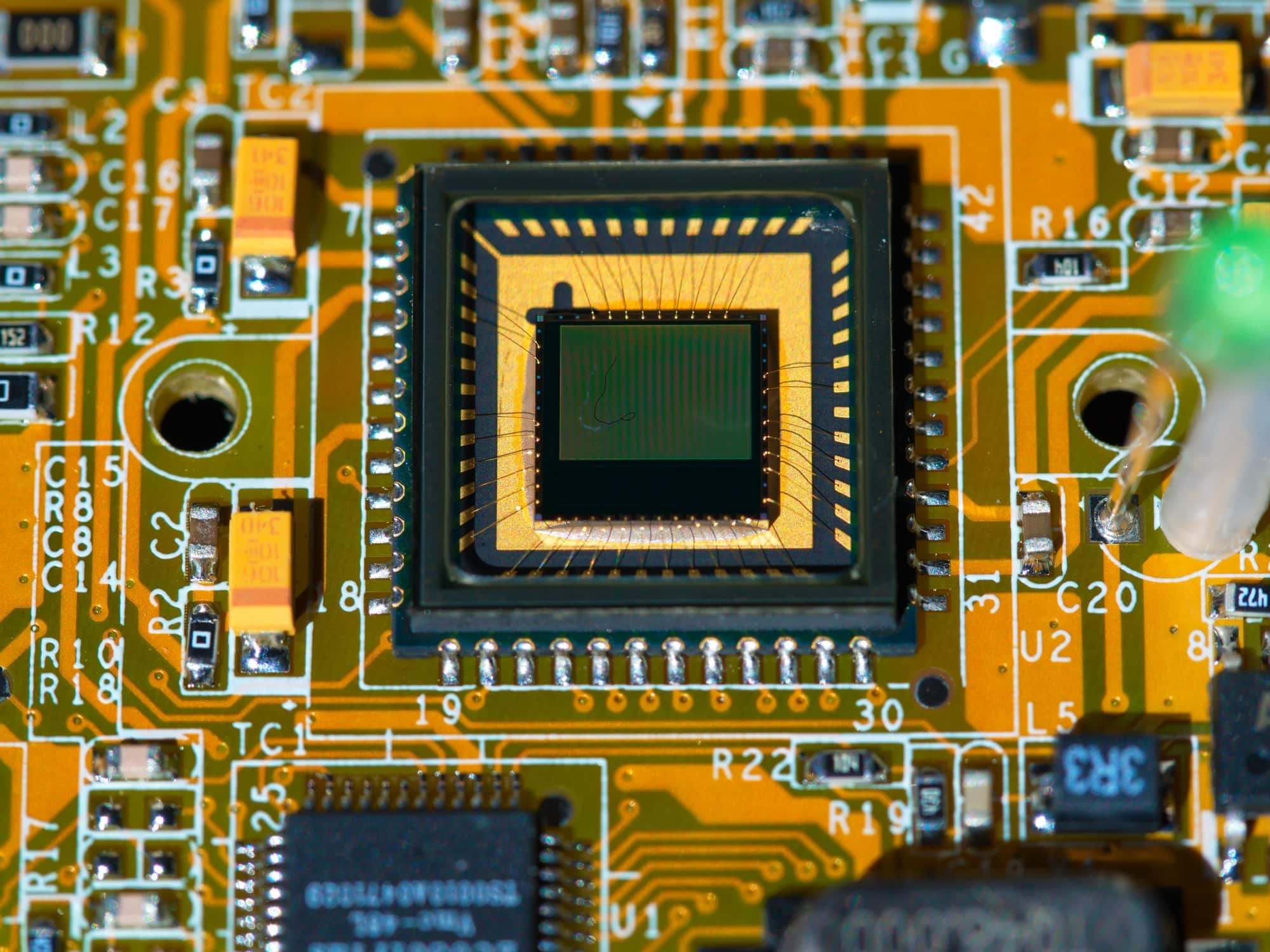How Are Advanced Sensors Improving Home Energy Efficiency?

In this era of technological advancement, energy efficiency has become a hot topic. With growing awareness about energy conservation, the need for efficient systems and technologies that can help us manage our energy consumption has never been more imperative. One such technology is advanced sensors which are widely used in smart buildings and homes. These devices have revolutionised the way we consume energy by providing real-time data and control over various systems like heating, ventilation and air conditioning (HVAC), lighting among others. But how exactly are these advanced sensors improving home energy efficiency? Let’s delve deeper into this subject.
The Role of Advanced Sensors in Energy Management
The key to energy efficiency lies in the effective management of energy consumption. This is where advanced sensors come into play. These devices serve as the eyes and ears of a smart home, closely monitoring and controlling the usage of various home systems.
Dans le meme genre : What Is the Impact of Autonomous Drones in Emergency Medical Services?
Advanced sensors work by collecting real-time data about various aspects of a building, such as temperature, humidity, occupancy, and light levels. This data is then processed and analysed to make informed decisions about energy consumption. For instance, an occupancy sensor can detect when a room is empty and automatically turn off unnecessary lights and electronics, thereby saving energy.
Furthermore, sensors also enable predictive maintenance by identifying potential issues in building systems before they lead to energy waste. For instance, a sensor in an HVAC system can alert homeowners about a faulty component that’s causing the system to consume more energy than required.
En parallèle : How Do AI-Driven Chatbots Transform Customer Service in Banking?
Sensors and HVAC Systems: A Power Saving Duo
HVAC systems account for a significant portion of a home’s energy consumption. It’s a system you rely on daily, so it’s crucial it operates efficiently. Advanced sensors have a significant role in enhancing the efficiency of HVAC systems.
For instance, temperature sensors can provide real-time data about the indoor and outdoor temperature. This data can be used to adjust the HVAC system’s operation accordingly, thereby optimizing energy consumption. Moreover, sensors can also detect when the HVAC system’s filters need to be replaced, ensuring the system’s optimal performance and energy efficiency.
In addition, advanced sensors embedded in HVAC systems can detect occupancy in different spaces of the home. If the system detects no occupancy, it can automatically adjust the temperature settings, reducing unnecessary energy consumption.
Lighting Control and Energy Efficiency
Lighting is another significant energy consumer in homes. Advanced sensors can help manage and reduce the energy consumed by lighting systems.
Light sensors, for example, can detect the level of natural light coming into a room. If there’s sufficient natural light, the sensors can automatically dim or turn off the artificial lights, thereby conserving energy.
Motion sensors, on the other hand, can help manage lighting in seldom-used areas of the home, such as storerooms or basements. These sensors can turn the lights on when they detect movement and turn them off when no motion is detected.
The Future of Advanced Sensors in Smart Homes
The future of advanced sensors in smart homes looks promising, with new technologies emerging constantly. For instance, the Internet of Things (IoT) is playing a significant role in advancing sensor technology. IoT devices can communicate with each other, sharing data and making autonomous decisions about energy consumption.
This interconnectivity can further improve energy efficiency. For example, an IoT-enabled sensor in a refrigerator can communicate with the HVAC system. If the refrigerator door is left open for a prolonged time, causing the room temperature to rise, the sensor can direct the HVAC system to adjust its settings accordingly.
In sum, whether it’s controlling the lighting or managing the HVAC system, advanced sensors have a significant role in improving home energy efficiency. By providing real-time data and control over home systems, these devices help in reducing energy consumption, contributing to a greener and more sustainable future.
Monitoring Air Quality and Renewable Energy Options with Advanced Sensors
In addition to managing energy consumption in a home, advanced sensors also play a significant role in enhancing air quality and exploring renewable energy options.
Air quality is a crucial aspect of a healthy living environment. Advanced sensors can track pollutants and particulates in the air, providing real-time data about the home’s air quality. When poor air quality is detected, these sensors can trigger the HVAC systems to purify the air, ensuring a healthy indoor environment.
Moreover, sensors also play an essential role in managing renewable energy resources. For example, in homes equipped with solar panels, light sensors can monitor the availability of sunlight and control the energy flow accordingly. Similarly, wind speed sensors can help optimize the operation of wind turbines, maximizing the generation of wind power.
Advanced sensors also help homeowners track their renewable energy usage. For instance, energy management sensors can provide real-time data about the amount of solar or wind energy being consumed. This gives homeowners better control over their energy consumption, leading to significant energy savings.
Introducing Smart Thermostats: The Future of Energy Efficiency
Smart thermostats are the latest additions to the family of advanced sensors that are revolutionizing home energy efficiency. These devices use occupancy sensors, temperature data, and learning algorithms to make intelligent decisions about heating and cooling, thereby optimizing energy usage.
The core principle of smart thermostats revolves around learning a homeowner’s routine and preferences. Over time, these devices are able to anticipate when to adjust the temperature settings, leading to automatic energy saving measures. For instance, a smart thermostat can learn that the household members are usually away between 9 AM and 5 PM. Consequently, it can adjust the HVAC system to use less energy during these hours.
Additionally, smart thermostats can be remotely controlled via smartphones or other devices, enabling homeowners to manage their home’s temperature and energy consumption even when they are away.
Conclusion: Key Takeaways and Future Perspectives
In conclusion, advanced sensors have become key players in improving home energy efficiency. By providing real-time data about various aspects of a home, such as temperature, humidity, occupancy, light levels, and air quality, these devices help in precisely managing energy consumption.
The integration of advanced sensors in HVAC systems and lighting control has resulted in substantial energy savings, reinforcing the importance of these devices in a smart home scenario. Moreover, the advent of smart thermostats has taken energy efficiency to another level, enabling autonomous decisions about energy usage based on learned routines and preferences.
The future of advanced sensors in smart homes is bright and promising. With the innovation of new technologies like the Internet of Things (IoT), these devices are becoming more interconnected and intelligent. This advancement is likely to lead to even more precise energy management and significant energy savings, contributing to a greener and more sustainable future.
